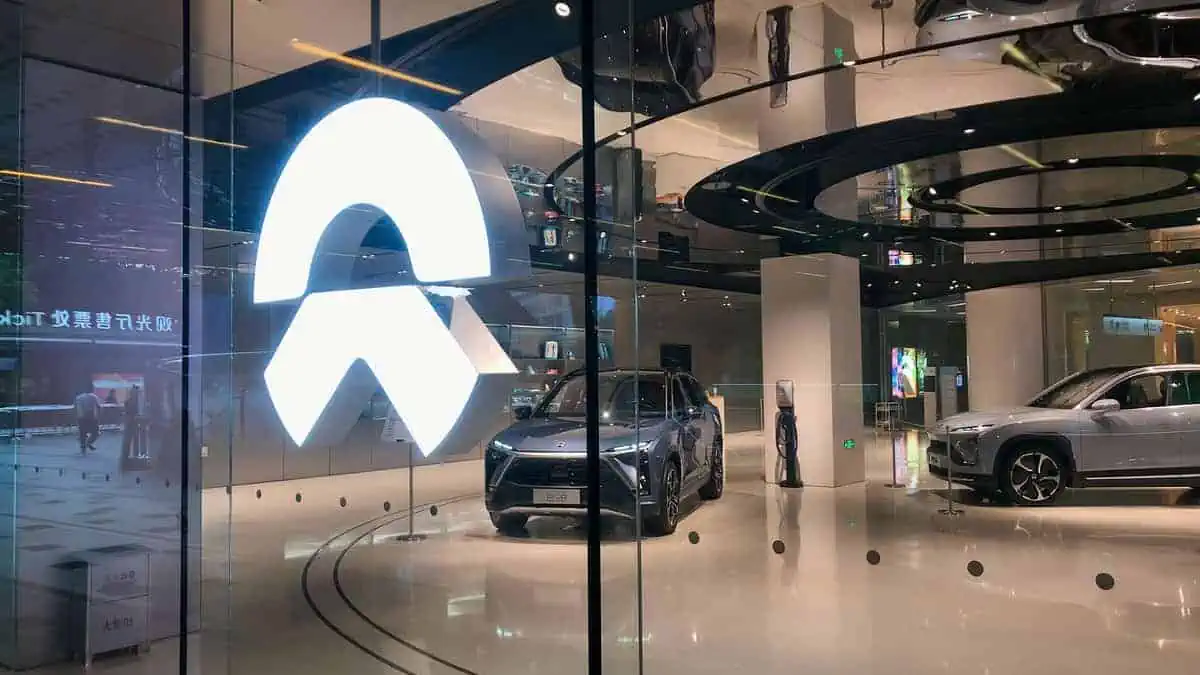The federal parliament is urged to prioritise and pass the Albanese government’s ‘EV discount’ in the final sitting weeks of this year, lessening thousands of dollars to some of the most popular low and zero-emissions vehicles, as per ABC.
A Labor election pledges, the legislation could build famous models, such as the Nissan Leaf, up to $2,000 less for some individuals and $9,000 less for employers who operate fleets.
However, the bill is stuck in the Senate, and few in the automotive sector warn that delays until next year would slow low or zero-emissions cars’ uptake.
“Certainty is king in this industry and time is of the essence,” Federal Chamber of Automotive Industries’ Tony Weber stated.
“The quicker you can reduce CO2 from the cars on the road, the better. New cars stay in the car park, on average, for 21 years.”
In the meantime, the federal government has a busy final three weeks of sittings. It will also try to pass and prioritize a national anti-corruption commission and workplace relations laws before Christmas.
To get the electric vehicle bill through the Senate, it has to negotiate with the Greens and crossbenchers, as the Coalition opposes the bill.
However, Greens leader Adam Bandt and ACT Senator David Pocock call for plug-in hybrids (PHEVs) to be cut off from the legislation due to the vehicles having internal combustion engines.
They argued that only zero-emissions (not low-emissions) vehicles should benefit from the discount.
“This is friends talking to friends in this case,” says Behyad Jafari from the Electric Vehicle Council.
“[Labor, Greens and Senator Pocock] all agree on the need to make electric cars cheaper and get more on the road.”
“The most important thing is this bill passes this year.”
“Hopefully, they will clear some time in their diaries and hash out the thing and get it done.”
Weber stated that a global shortage of electric cars meant hybrids could play a significant role in Australia.
“It would be a retrograde step to reduce the options further in this bill,” he added.
Government does not intend to budge
The government doesn’t want to remove plug-in hybrids from its bill and does not expect the crossbench to end legislation it agrees with.
Labor stated that plug-in hybrid cars would help ease “range anxiety” among several people in regional areas.
The legislation is expected to be backdated to July 1 this year and reviewed in three years, when plug-in hybrids could be taken off from the scheme.
However, ACT’s Senator Pocock, who could be a decisive vote, is yet to be convinced.
“I will struggle to support a bill that uses taxpayer money to subsidize superseded technology,” says Senator Pocock.
“This bill is designed to increase uptake of EVs as fleet vehicles, which will help create a bigger second-hand EV market in a few years’ time.”
“That’s what it should do, and can do, without subsidizing PHEVs to the tune of $1 billion over the next decade.”
“That $1 billion can be much better spent and strategically targeted.”
The Greens have a similar view, but in a statement, a spokesperson said the party would debate its spot after government negotiations have concluded.
Fuel efficiency standards the bigger test for EVs
Part of the reason some EV advocates want the discount bill passed soon is so they can shift their attention to what they see as the bigger issue: fuel efficiency standards.
Energy Minister Chris Bowen made it clear that he is a fan of introducing them, releasing a discussion paper surveying options in September.
Efficiency standards are put on the car fleets automakers sell in a country. The tougher they are, the more this encourages carmakers to sell extra electric or low-emissions choices, expanding local supply and helping reduce the overall price.
“The much-bigger problem we have at the moment is supply,” said Jafari.
About 3% of cars sold in Australia are currently electric, but that figure is unlikely to reflect demand accurately, as the waiting lists for some EVs are lengthy.
“There are global supply constraints,” Mr Jafari added.
“We aren’t getting our fair share of electric cars because we don’t have the same fuel efficiency standards as other comparable countries.”
Notably, 80% of the global car market has already set fuel efficiency standards.
Previous discussions about the move to Australia led to campaigns against customer costs.






